Brazil condemns Israel’s new settlement plan in West Bank
Brazil has harshly criticized Israel for having recently approved new settlements in the occupied West Bank for the first time in more than 20 years.
“The settlements in (Palestinian territory) are illegal and amount to an obstacle for the two-state solution and for a fair and lasting peace,” the Brazilian Foreign Ministry said in a statement on Tuesday.
The ministry also reiterated Brasilia’s position on the need for the establishment of a Palestinian state.
Brazil recognized Palestine as a sovereign state based on the 1967 borders in 2010.
This is not the first time the South American country condemns the Israeli regime. It recalled its ambassador to Tel Aviv in July 2014 to express its outrage at the then-ongoing Israeli war on the Gaza Strip. More than 2,200 Palestinians were killed and over 11,100 others injured in that war.
In 2015, Brasilia also refused to accept Israel’s choice of ambassador, Danny Dayan, who was a former settler leader in the West Bank. Israel nominated another individual for the post in January this year, which was eventually approved by Brasilia.
The Israeli regime’s so-called security cabinet unanimously voted this month in favor of the construction of the first new settlements in the occupied Palestinian territories in 25 years. The new settlement will be built near the West Bank settlement of Emek Shilo and the Palestinian city of Ramallah.
About 600,000 Israelis live in over 230 illegal settlements built since the 1967 Israeli occupation of the Palestinian territories of the West Bank and East Jerusalem al-Quds. Palestinians want the West Bank as part of their future independent state.
The United Nations passed a resolution in December last year, calling on Tel Aviv to “immediately and completely cease all settlement activities in the occupied Palestinian territory, including East Jerusalem” al-Quds.
Prime Minister Benjamin Netanyahu has, however, repeatedly vowed to press ahead with building new settler units and stressed that the regime had no plan to limit settlement construction in the occupied territories.
VIDEO | Press TV's news headlines
VIDEO | Iran honors top Science Olympiad medalists
VIDEO | Austrians arrested at Gaza protest in Vienna
10 killed in bus crash in western Iran
VIDEO | One-man-band journalism with Civili
5 Israeli forces killed as Palestinian fighters face up to regime’s war machine
VIDEO | An insider's view of the country: Persian Tahini, Royan in Mazandaran
VIDEO | Israeli settler killed during strike against Tel Aviv; fresh aggression targets Yemen’s capital



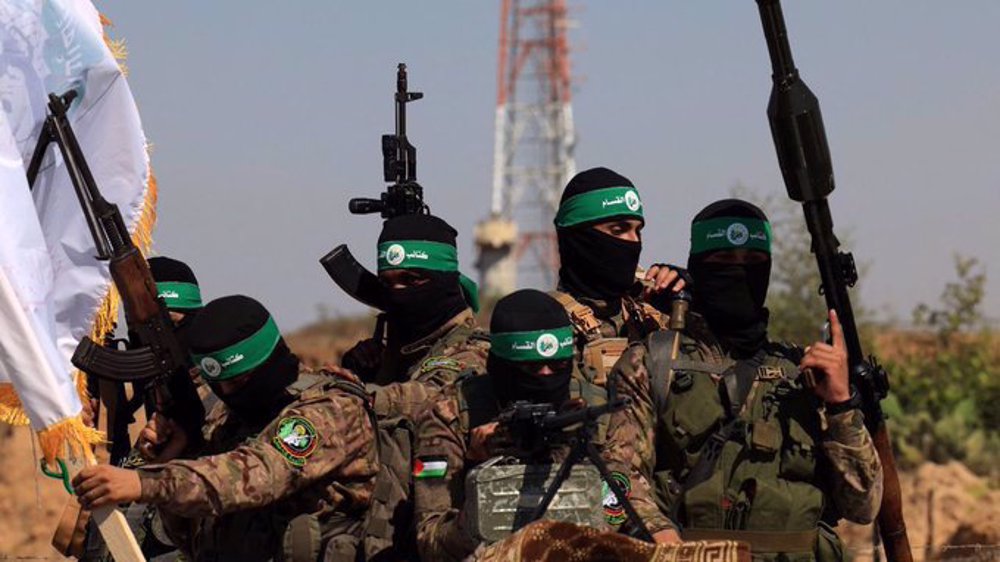
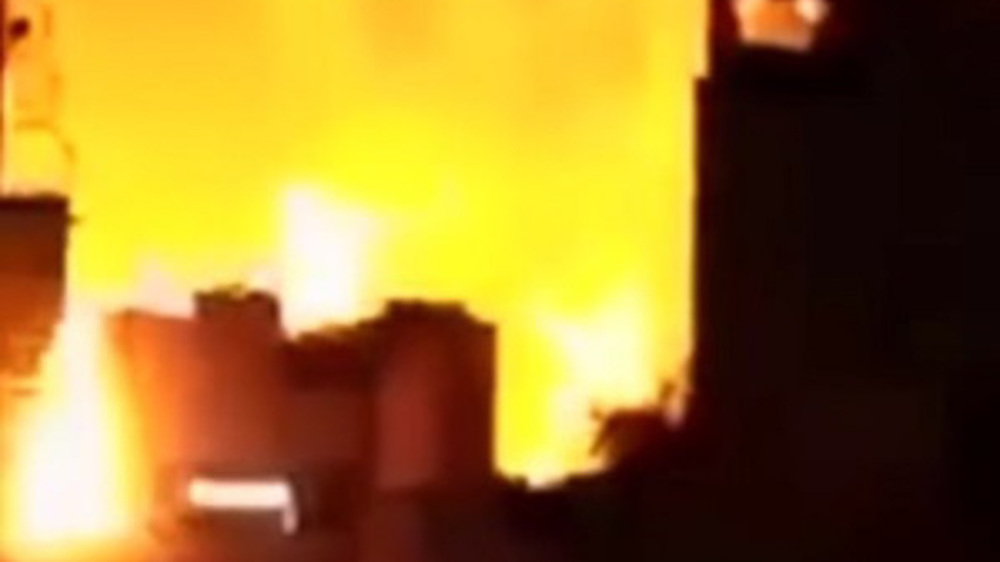
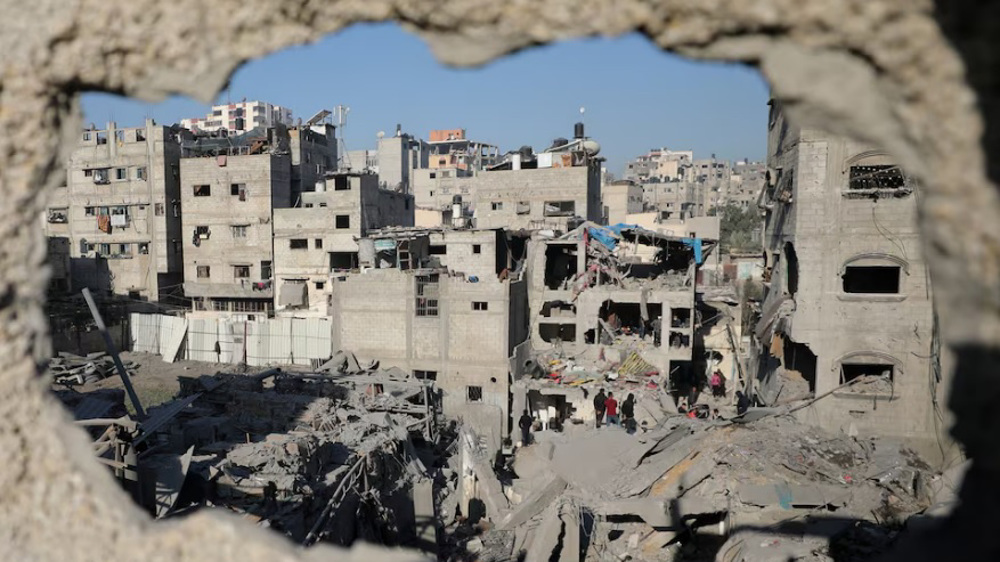





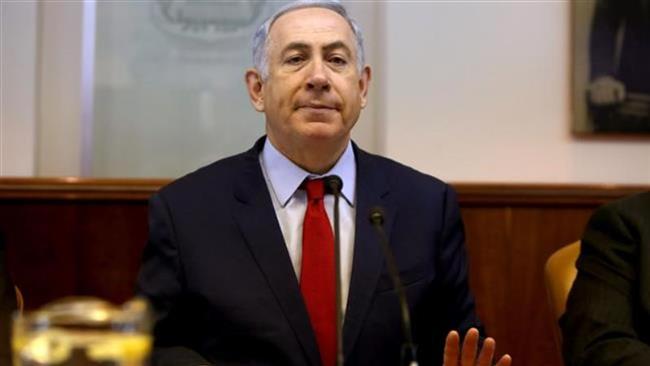
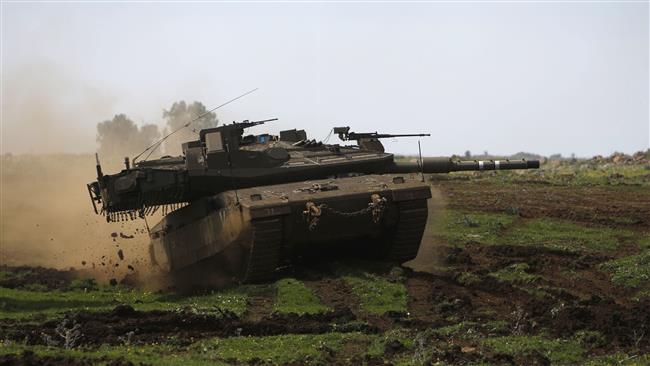

 This makes it easy to access the Press TV website
This makes it easy to access the Press TV website